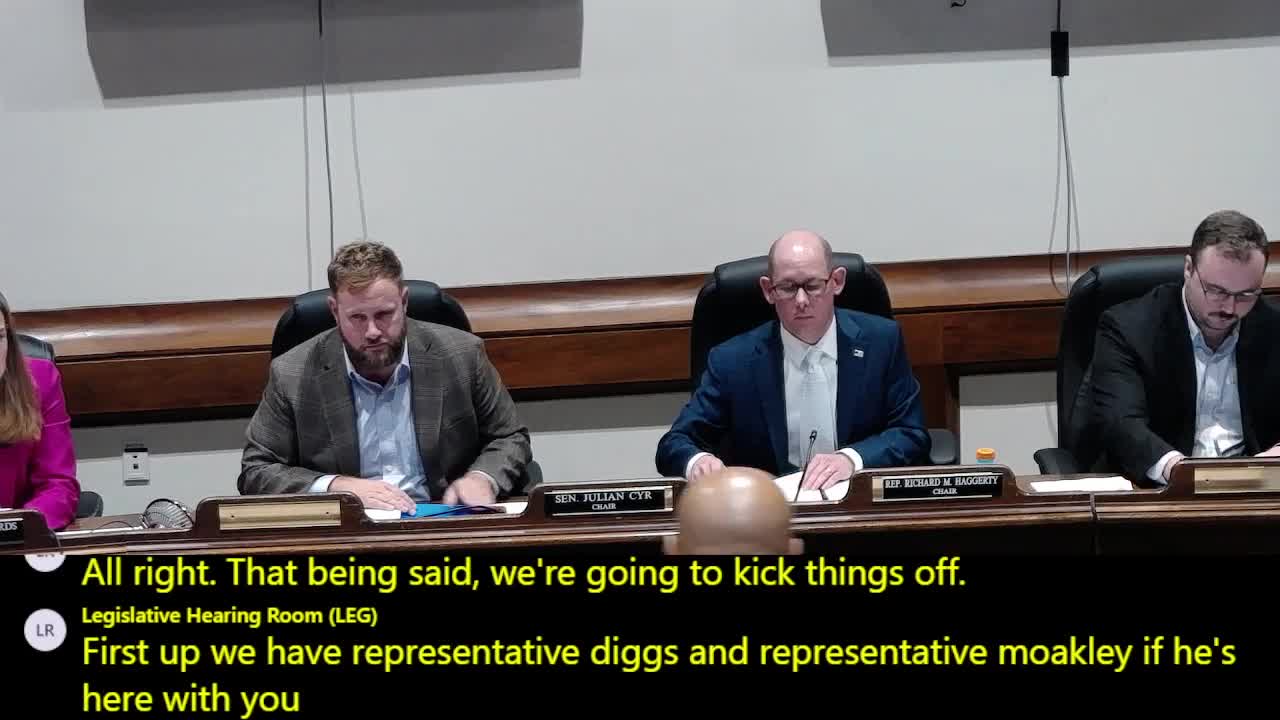Island and Cape leaders urge local option transfer fee to fund year‑round housing
Get AI-powered insights, summaries, and transcripts
Subscribe
Summary
Local officials, health systems and business leaders from Martha's Vineyard, Nantucket and Cape Cod told the Joint Committee on Housing that a local real‑estate transfer fee and seasonal‑communities toolkit would provide sustainable funding to preserve year‑round housing and stabilize island workforces.
Representatives of island towns, health systems, law enforcement and community housing groups urged the Massachusetts Joint Committee on Housing on July 16 to advance bills that would let seasonal communities adopt a local option real‑estate transfer fee to fund affordable year‑round housing.
The bills under consideration include Senate Bill 966 and House Bill 4,410 (often discussed together in testimony), and companion measures such as S.967/H.4411 that expand the seasonal communities toolkit. Witnesses said the measures would create a dedicated, locally controlled revenue stream to preserve existing affordable units, convert short‑term rentals to year‑round housing and finance new workforce housing.
Why it matters: Islanders and Cape towns said market pressures — high second‑home demand and a boom in short‑term rentals — have left hospitals, schools, police and small businesses short of staff because workers cannot find housing they can afford. Local leaders argued a transfer fee targeted at high‑value transactions would generate predictable revenue while preserving local control over how money is spent.
Speakers described steep local housing costs and workforce shortfalls. Elsie Tavares, chief community health and health equity officer at Mass General Brigham, told the committee that “this legislation would allow seasonal communities to impose a real estate transfer fee to support affordable year‑round housing,” and described hospital staff who “earn too much to qualify for affordable housing, but not enough to compete in the market.”
Chief Randy Bling of the Aquinnah Police Department said housing shortages make recruiting for municipal jobs nearly impossible in his town: “It's not attainable to purpose a house here in town, especially in Aquinnah,” he said, adding his small department frequently cannot attract applicants because they cannot find nearby housing. Dukes County Sheriff Robert Ogden said the transfer fee could fund housing targeted to public safety workers and other critical staff, and warned that shortages have already forced temporary consolidations: “We have crossed that line in our community,” he testified.
Nantucket and Martha’s Vineyard leaders framed the proposal as an extension of tools already used for conservation. Rachel Freeman, executive director of the Nantucket Land Bank, said the land‑bank model has worked for open‑space preservation and could be adapted for housing: “This model can function just as well for affordable housing,” she said, noting Nantucket’s land bank was created by the legislature in 1983.
Local housing developers and nonprofit providers described urgent metrics: Philippe Jordy of Island Housing Trust cited a median Vineyard home price of roughly $1,500,000 and said only about 40% of the island’s housing stock is available year‑round. Amy Houghton, chair of the All‑Island School Committee and director of contracts and community health at Martha’s Vineyard Hospital, said the hospital has roughly 20% of staff positions unfilled due to housing barriers, and that available year‑round rentals are scarce and expensive.
Supporters repeatedly noted that voters on both islands have approved home‑rule petitions seeking the transfer fee, and that local bodies have proposed various deployment plans — from workforce housing funds to purchase of deed restrictions and conversion of short‑term rentals. Nantucket witnesses pointed to a 2024 total of roughly $1.35 billion in island real‑estate sales and suggested a modest half‑percent fee on high‑end transactions could generate millions annually for housing.
Opponents were not represented in the hearing record; committee members did not take a vote during the session. Proponents asked the committee to report the bills favorably so towns would have the option to adopt the fee and deploy funds to local housing trusts and regional housing commissions.
The bills remain in committee. If advanced, towns would still need to adopt the fee locally and set implementing rules. Testimony emphasized the measures are optional local tools rather than state mandates.
Ending note: Supporters said timing is urgent: islands and seasonal towns told lawmakers the loss of year‑round residents and staff has reached crisis levels and that a local funding source is one of the few sustainable ways to preserve community institutions and services.
